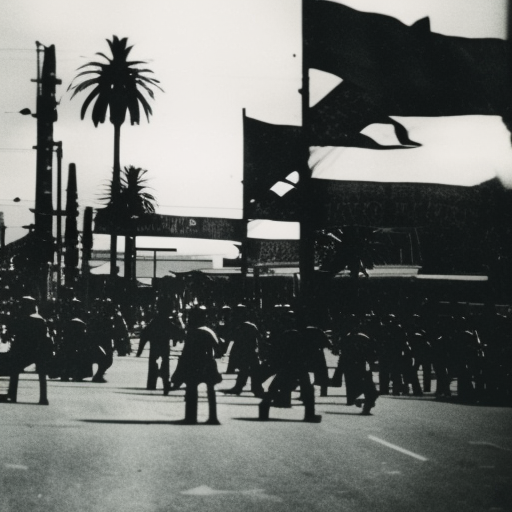New Zealand Wars
The New Zealand Wars, also known as the Land Wars or the Māori Wars, were a series of conflicts that took place between the indigenous Māori people and the British colonial forces in New Zealand from 1845 to 1872. These wars were primarily fought over issues of land ownership, sovereignty, and the rights of Māori to self-governance.
Causes of the New Zealand Wars
The main cause of the New Zealand Wars was the rapid colonization and settlement of New Zealand by European settlers, which led to increasing pressure on Māori land. The signing of the Treaty of Waitangi in 1840 between the British Crown and Māori chiefs had promised protection of Māori rights and land, but the interpretation and implementation of the treaty by the colonial government often favored European settlers.
First Taranaki War (1860-1861)
The First Taranaki War was sparked by a dispute over land in the Taranaki region of the North Island. Māori tribes, particularly the Ngāti Mutunga and Ngāti Tama, resisted the sale of land to the New Zealand Company. The conflict escalated into a full-scale war when British troops were sent to enforce the sale. The war ended inconclusively, with neither side achieving a clear victory.
Waikato War (1863-1864)
The Waikato War was the largest and most significant conflict of the New Zealand Wars. It was fought between the British colonial forces and Māori tribes, primarily the Kingitanga movement led by the Māori King, Tāwhiao. The war was triggered by the British government’s desire to expand its control over the fertile Waikato region. The British forces invaded the Waikato, but despite initial successes, they were unable to achieve a decisive victory. The war ended with the confiscation of large areas of Māori land.
Tītokowaru’s War (1868-1869)
Tītokowaru’s War, also known as the Third Taranaki War, was fought between the colonial forces and the Māori leader Tītokowaru, who sought to resist further European encroachment on Māori land. Tītokowaru’s forces employed guerrilla tactics and successfully repelled several British attacks. However, the war eventually ended with Tītokowaru’s defeat and the confiscation of more Māori land.
Te Kooti’s War (1868-1872)
Te Kooti’s War, also known as the East Cape War, was fought between the colonial forces and the Māori leader Te Kooti, who had been wrongfully imprisoned and exiled by the colonial government. Te Kooti escaped and formed a guerrilla force, seeking revenge against the colonial forces. Despite facing significant challenges, Te Kooti managed to evade capture for several years and carried out a series of successful raids. The war ended with Te Kooti’s surrender in 1872.
Consequences of the New Zealand Wars
The New Zealand Wars had significant consequences for both Māori and European settlers. Thousands of Māori lost their lives, and large areas of Māori land were confiscated by the colonial government as punishment for their resistance. The wars also led to the establishment of a lasting distrust between Māori and the colonial authorities, which continues to impact New Zealand society today. The conflicts also highlighted the need for a more equitable and just relationship between Māori and the Crown, leading to ongoing efforts to address historical grievances and promote Māori self-determination.
In conclusion, the New Zealand Wars were a series of conflicts fought between Māori tribes and British colonial forces over issues of land ownership and sovereignty. The wars had a profound impact on both Māori and European settlers, resulting in significant loss of life and the confiscation of Māori land. The conflicts also highlighted the need for a more equitable relationship between Māori and the Crown, which continues to shape New Zealand society today.












